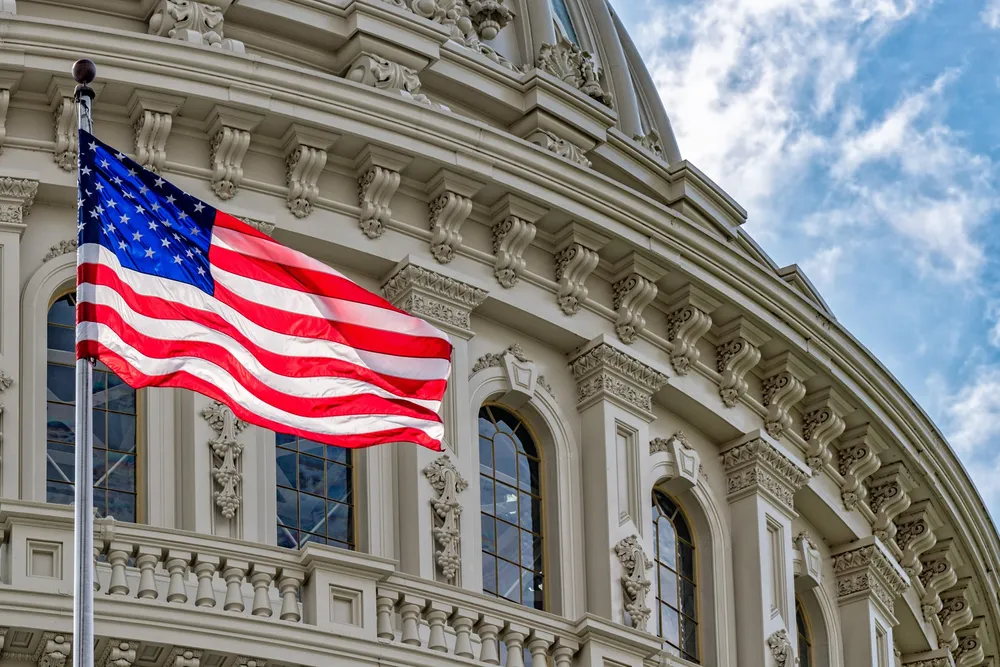US wind and solar takes hit as Congress makes good on Trump's fossil wish list
Republican lawmakers supportive of renewable energy fail to defy president on key issues such as tax breaks, dealing the sector a stinging political defeat

The US Congress on Tuesday approved a massive domestic policy bill sought by President Donald Trump that accelerates phase-down of federal subsidies for wind and solar, while providing financial benefits for fossil fuels.
The Republican majority in the House of Representatives rubber stamped the Senate’s version of the One Big Beautiful Bill Act with few apparent changes for energy in a narrow 218-214 vote. The bill now goes to Trump’s desk for his signature into law.
Clean energy groups voiced dismay over the bill’s passage, vowing to continue the country’s expansion of battery storage, solar, and wind, which analysts believe is most negatively affected.
“Despite this setback, the clean energy industry remains committed to building the future," said Ray Long, CEO of American Council on Renewable Energy.
Liz Burdock, CEO of Oceantic Network, an industry group, said: "America needs all the power it can get, but Washington chose to compound our national energy crisis by deprioritising domestic clean energy production and manufacturing, which will eventually lead to higher energy prices and fewer American jobs.”
The bill gives developers one year to begin construction after it becomes law to qualify projects for tax credits at full value versus until 2032 under current law, the Inflation Reduction Act.
Under IRA, the production tax credit used by wind projects and the investment tax credits for battery storage and solar would begin to step down in 2032 and then over four years.
This process would only be triggered if the US were able to lower power sector emissions to 25% of 2022 levels, an unlikely prospect, meaning the credit could extend into the 2040s.
The legislation also creates complicated provisions that restrict the amount of material from so-called foreign entities of concern, principally China and Russia. These must be met to access tax credits and projects must document compliance, adding to development costs.
The bill also singles out wind for early termination - 2027 - of the advanced manufacturing tax credit, which had led market leaders GE Vernova and Vestas and their supply chains to increase capital investment in the past several years.
In contrast, the bill creates a 2.5% tax break for domestic mining of metallurgical coal used in some US steel production, although most production is exported.
It also mandates oil and gas lease sales in Alaska, the Gulf of Mexico, which Trump has ordered the federal government to officially name Gulf of America, and areas of the western US.
Other fiscal breaks for hydrocarbons include a reduction in royalty rates for coal mining on federal lands, and certain lower taxes for oil and gas producers.
Trump ran for a second term pledging to scrap the IRA, predecessor Joe Biden’s signature climate initiative, and turbocharge domestic fossil fuels production.
Passage of the bill marks a major political defeat for wind and solar, whose lobby groups appeared to miscalculate the extent certain moderate Republican lawmakers would be willing to resist efforts by Trump to end the tax credits.
(Copyright)